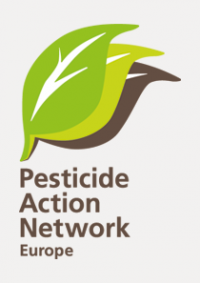Pesticide active substances can be banned at EU-level if they do not meet the safety criteria to protect human or animal health, the environment or ground water. However, the Europe regulatory framework allows Member States to grant 120-day derogations for the use of pesticides that are not authorised. We analysed the EU Commission database on the so-called ‘emergency authorisations’ for 24 normally non-approved active substances between 2019 and 2022. We found no less than 236 derogations given to 14 substances from that list. These substances are all highly hazardous to human health and/or the environment. Neonicotinoid insecticides represent 47.5% of such derogations. Endocrine disrupter herbicide diquat is the second most popular derogation. The highly toxic soil fumigant 1,3-dichloropropene - never approved in the EU - completes the podium.
A big discrepancy between Member States was observed. Austria (20), Finland (18) and Denmark (17) are the countries giving the most derogations, while Luxembourg, Malta and Bulgaria did not declare any such derogation.
PAN Europe further identified that the derogations provided are not in line with the EU legislation as they are not underpinned by a true emergency that justifies them. Furthermore, no check was done on nonchemical or less toxic chemical alternatives that exist in all cases.
While the European Commission decides to ban substances to protect health and the environment, Member States decide to keep exposing their citizens and biodiversity through this regulatory loophole. The European Commission is well aware of the situation but few reactions have been observed. PAN Europe asks that the EU puts an end to the derogations provided to non-approved pesticide substances. They have been banned to protect citizens’ health and the environment, in line with EU law. Non-chemical and chemical alternatives exist. European Citizens regularly ask for a drastic reduction in pesticide use in the EU. This derogation loophole must be urgently addressed.
